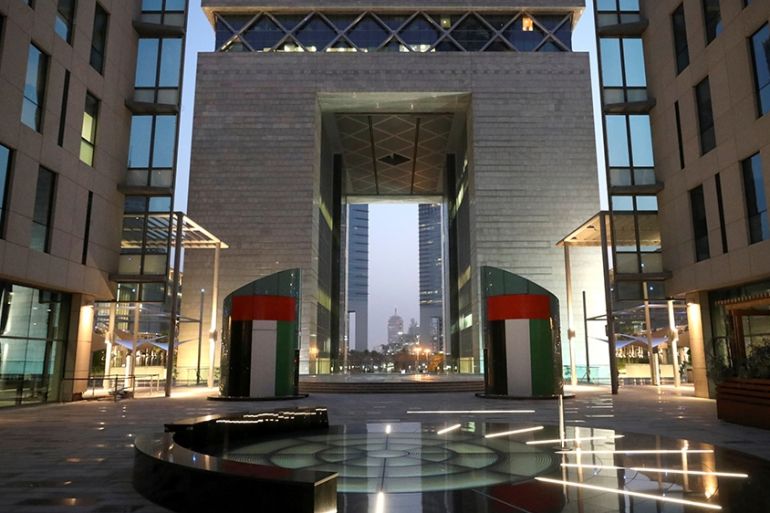Egypt and UAE to set up $20bn joint investment platform
The Emirates and Saudi Arabia remain key backers of the economic reforms of Egyptian President Abdel-Fattah el-Sisi.

Egypt and the United Arab Emirates are setting up a $20 billion joint strategic platform to invest in a range of sectors and assets, the presidency said Thursday.
The deal comes as President Abdel-Fattah El-Sisi is in the U.A.E. for meeting with officials and marks the latest boost the Arab world’s most populous nation has received from the oil-rich Gulf since the 2013 ouster of Islamist President Mohamed Mursi.
Keep reading
list of 4 itemsTurkey and Egypt call for ceasefire in Gaza
Turkey’s Erdogan, Egypt’s Sisi meet in Cairo
Turkey’s Erdogan arrives in Egypt for first visit in more than a decade
The investment platform will be run through Egypt’s newly established sovereign wealth fund and Abu Dhabi Development Holding Co.
Egypt is pushing ahead with a sweeping economic program that was kick-started in 2016 with the devaluation of the currency in order to secure a $12 billion International Monetary Fund loan and attract foreign investment. The country had been struggling to revive an economy that had largely stalled in the wake of the 2011 uprising that forced Hosni Mubarak from power after nearly 30 years.
The U.A.E. and Saudi Arabia have been key backers of El-Sisi, who was elected a year after the military-backed uprising that drove Mursi from office. The two Gulf Arab states and Kuwait have pumped in billions of dollars in the form of cash deposits and investments to help El-Sisi’s government.
Egypt’s new wealth fund is being touted by the government as the latest component of the economic revival. The fund is aimed at helping the state better utilize its assets and to attract foreign investments that have, so far, been overshadowed by an infusion of overseas cash into the local debt market.
The government is currently in talks with the IMF for a new non-loan program as its previous three-year arrangement winds down. The IMF has urged Egypt to work harder on boosting private-sector growth as a key driver for sustainable development in a nation of 100 million where around half live on or near the poverty line.